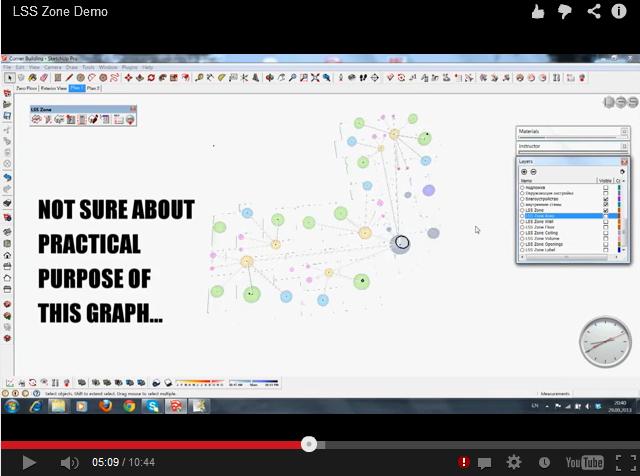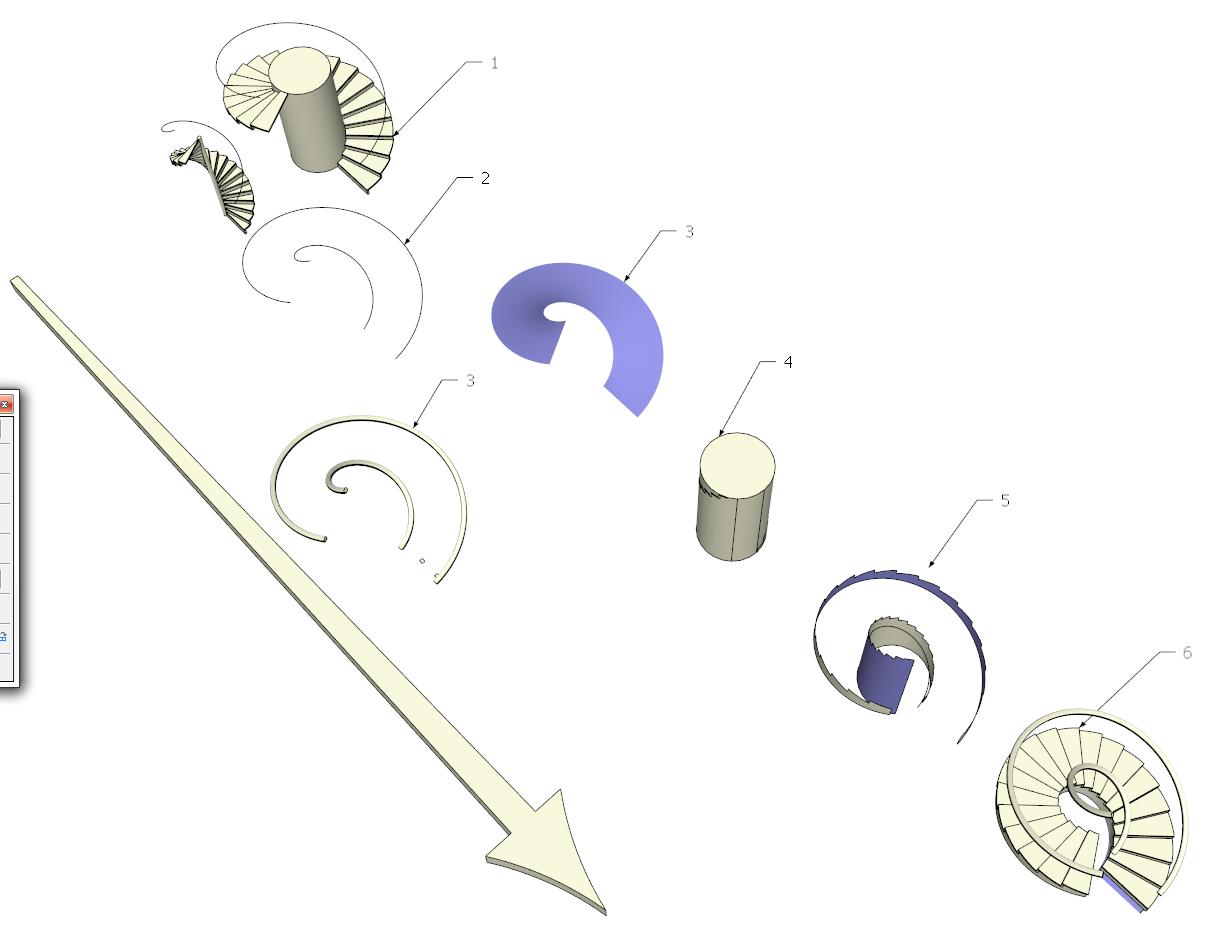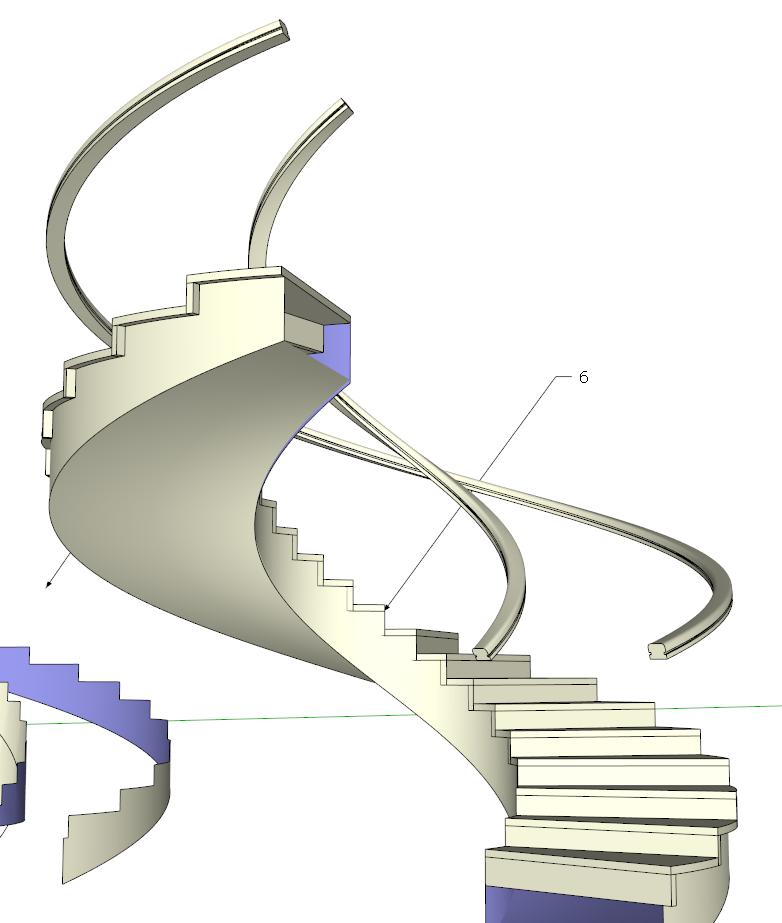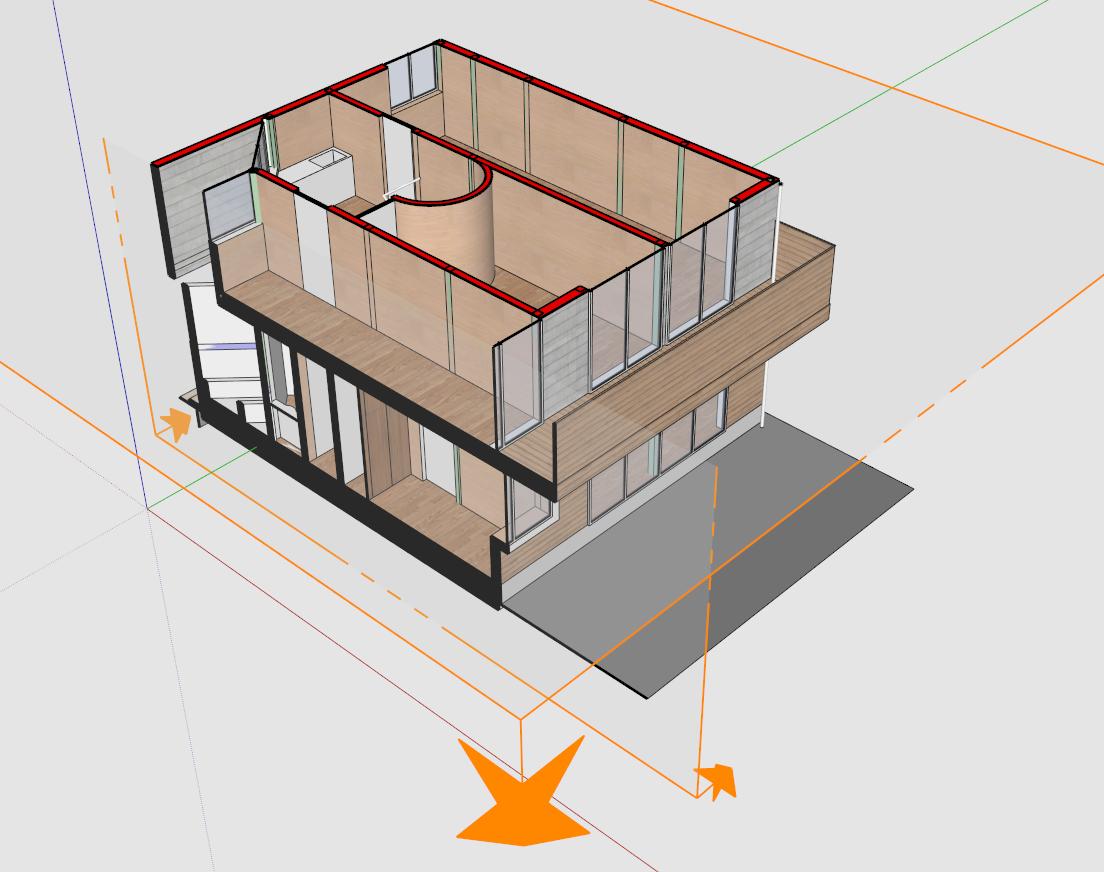Thanks everybody for insightful tips.
@box said:
One of the simplest things is to use an onscreen keyboard, this lets you hit crtl, alt etc as needed and change tools easily. would work well with a wacom.
I didn't even know such a thing as on-screen keyboard existed. 
This method is easy and has no learning curve. However it's not as fast as keyboard shortcuts (basically the same as using icons to send commands), and takes too much onscreen real estate.
Pilou;
But, that is not sketchup! (but but, I love MOI too. A lovely prog.)
pbacot;
Woah, don't they burn your hands?
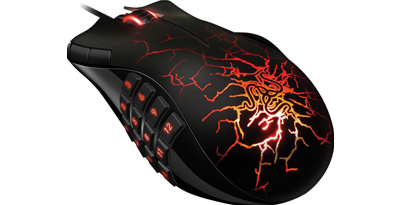
@jaceguay said:
You could try to use a mouse gesture program, I´ve used stroke it with great sucess you just have to spend some time creating the gestures and getting used to it.
Tell me you are not a genius and I won't believe you!
What I really liked about this method is that all my original shortcuts are directly translatable to mouse gestures.
What I mean by this is:
Command >> Gesture
G >> G
Alt + G >> Reversed G
Ctrl + G >> g (lower case)
"Reversed T" does not mean "mirrored" or "upside down", but T drawn backwards, as in counter-clockwise O to clockwise O. As soon as these rules were established, I had a whole keyboard under my command, literally.
There was no learning curve, since I kept the same, old, time-tested and beloved shortcuts; all of them.
I even added some new shortcuts because now key-combos as "Alt + P" or "Alt + L" are just as easy to type as "Alt + C"!
What is really amazing is after half a day of mouse gesturing, I'm already back to my previous speed, if not faster.
I have a feeling that I will be using mouse gestures even after my left arm comes back to business.
I cannot thank you enough, jaceguay! 

One more thing, I found that Strokeit was kind of obsolete as the last release was in 2010.
There is a good substitute program called Strokeplus, its last update was last month. It has easy-to-use GUI and an extensive help file too.
http://www.strokesplus.com/

 ) that I made especially to keep and archive all the plugins… so it wasn't installed properly to begin with.
) that I made especially to keep and archive all the plugins… so it wasn't installed properly to begin with.






